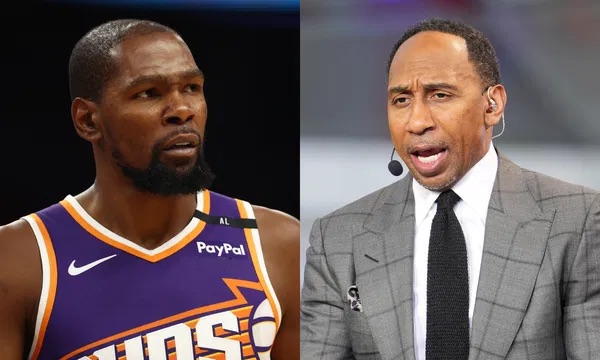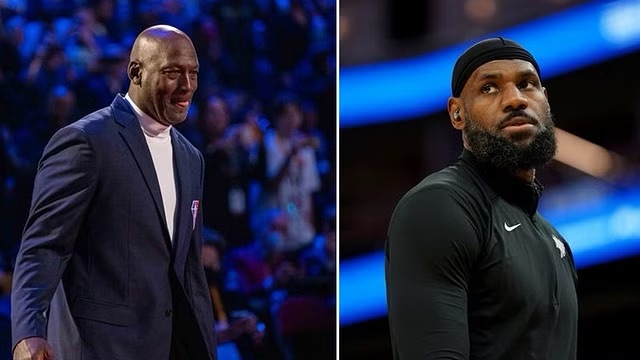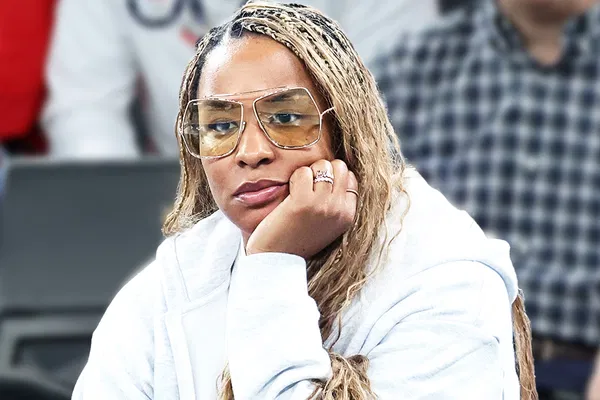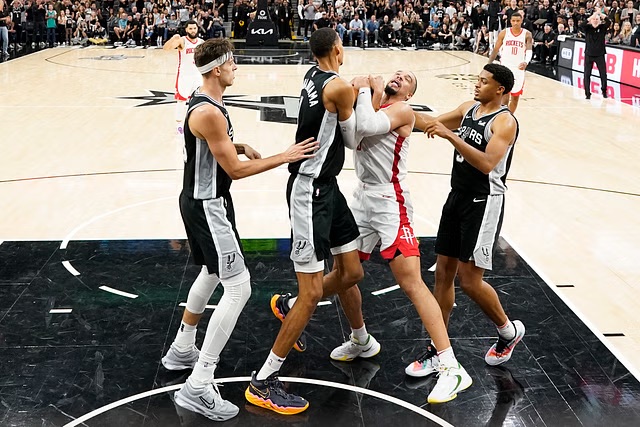Stephen A. Smith did not hold back in his response to Kevin Durant’s recent jab, where the NBA star dismissed Smith as a “clown.” On the popular sports show First Take, Smith took the opportunity to address Durant directly, crafting a response that was both respectful and pointed. Right from the start, Smith acknowledged Durant’s talent and achievements, saying, “He’s a 2-time champion, a 2-time league and Finals MVP.” He continued by adding that Durant is, in his view, a “good dude.” However, Smith was clear that if Durant felt the need to resort to name-calling rather than direct conversation, that was his choice to live with.
In a particularly bold moment, Smith challenged Durant on what he called dishonesty, firing back with, “Kevin Durant, could you stop lying, please?” Smith, who has years of experience as an NBA reporter and a columnist for the Philadelphia Inquirer, reminded viewers of his long-standing presence in the basketball world, pointing out that he has firsthand knowledge of the game, players, and the league’s inner workings. His extensive background in covering practices, games, and team dynamics, he argued, lends credibility to his perspective. This direct challenge not only underscored Smith’s authority but also made clear his frustration with Durant’s dismissive tone.
But Smith’s response wasn’t just about defending himself—it was about a larger issue. As he pressed Durant with the question, “Who’s allowed to talk about him?” Smith brought forward a topic that resonates across sports media. This question implies that Durant, like many high-profile athletes, may expect immunity from critique, despite being a public figure. Smith’s question wasn’t just about him or Durant; it was about the role of media, fans, and analysts in discussing the game’s biggest names.
By framing his response as a challenge to Durant’s perspective on criticism, Smith turned a personal exchange into a thought-provoking conversation. This stance not only showcased Smith’s confidence but also invited viewers to consider how athletes respond to media scrutiny and the expectations of public figures. In doing so, he turned Durant’s insult into an opportunity for reflection, sparking a wider discussion on accountability and honesty in sports.




